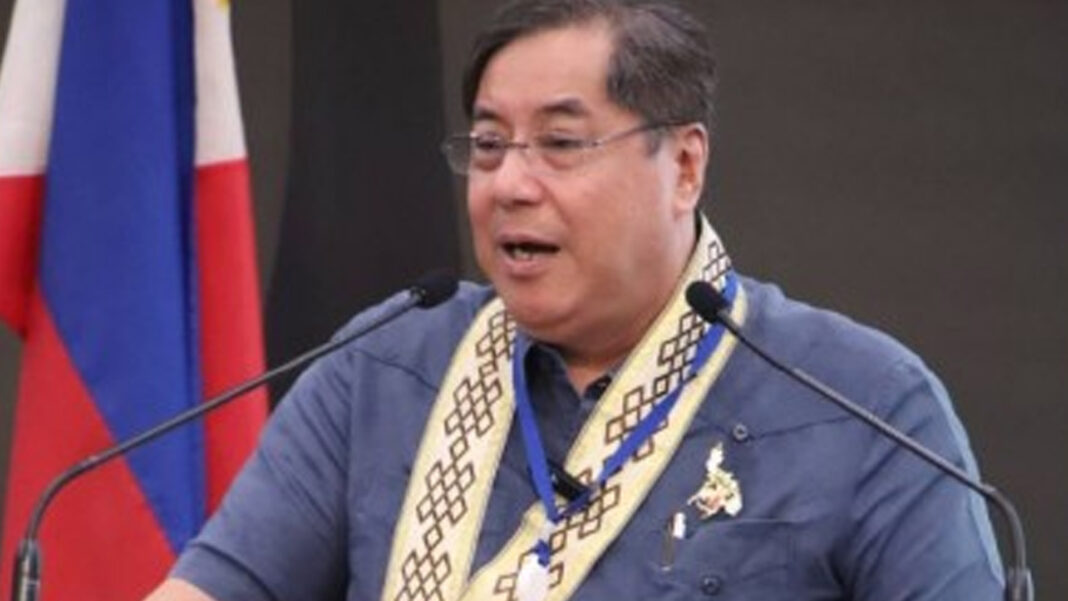The Department of Health (DOH) on Wednesday pledged to expand the benefits provided by the Philippine Health Insurance Corporation (PhilHealth), in line with President Ferdinand Marcos Jr.’s directive to allocate an additional PHP60 billion to the agency under the proposed 2026 national budget.
During a hearing of the Senate Committee on Finance Subcommittee on Health, chaired by Senator Pia Cayetano, Health Secretary Teodoro Herbosa, who also serves as chairman of the PhilHealth Board, presented the agency’s plans to strengthen healthcare coverage.
Herbosa said benefits will be increased for illnesses that remain among the leading causes of death among Filipinos, such as heart disease, diabetes, hypertension, and cancer.
“Gusto ng ating Pangulo na pataasin pa ang sinasagot ng PhilHealth sa ating mga gastusing pangkalusugan. Pati dental benefits at para sa mental health, ating dadagdagan (The President wants PhilHealth to further increase its coverage of healthcare expenses. We will also expand benefits for dental care and mental health),” he said.
Herbosa also affirmed PhilHealth’s commitment to sustaining its Zero Balance Billing (ZBB) policy, ensuring that patients in accredited public hospitals will no longer face out-of-pocket costs.
He said the DOH is pushing for ZBB expansion to include major provincial and city government hospitals.
“The DOH is proposing a new line item in the General Appropriations Act to be called ‘Zero Balance Billing support for Level 2 and Level 3 LGU [local government unit] hospitals.’ If funded, this will greatly help beyond just DOH-managed hospitals,” he added.
In a letter submitted to Senator Sherwin Gatchalian, chair of the Senate Committee on Finance, Herbosa outlined the agency’s plans to broaden health coverage and improve access to affordable care for Filipinos.
These include:
- Dental benefits;
- Expanded mental health care, including outpatient consultations, psychosocial support, and medicines;
- Animal bite treatment;
- Optometric services and devices for senior citizens;
- Assistive devices like wheelchairs, crutches, and walkers;
- Medical transportation services;
- Early detection and screening for lupus;
- Autism treatment and therapy; and
- Coverage for blood products, rehabilitation services, and treatments for complications of noncommunicable diseases.
Herbosa also underscored the implementation of PhilHealth’s Yaman ng Kalusugan Program para Malayo sa Sakit (YAKAP), which will provide annual physical examinations, laboratory screenings, and health risk assessments for senior citizens.
To ensure continuity of the Zero Balance Billing program, the DOH is adopting a multi-financing approach. It also pledged to expand PhilHealth-accredited facilities, simplify accreditation for primary care providers such as rural health units and barangay health stations, and intensify public information campaigns about PhilHealth membership and benefits.
The DOH committed to submitting a detailed roadmap to the Senate by Dec. 31, 2025, which will outline strategies for financing, phased implementation of benefits, benchmarks, and monitoring mechanisms. (PNA)


